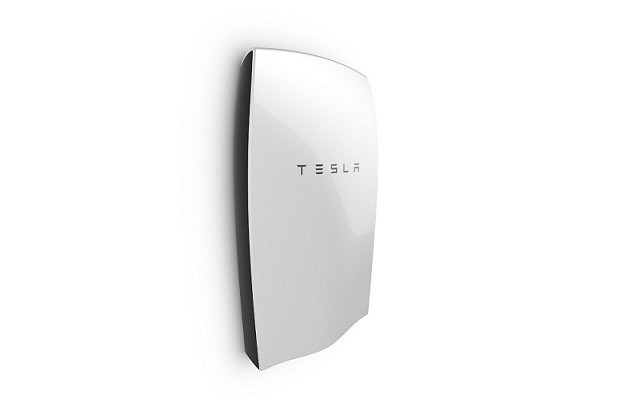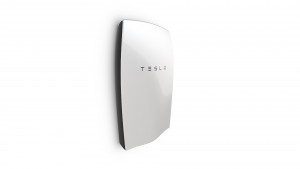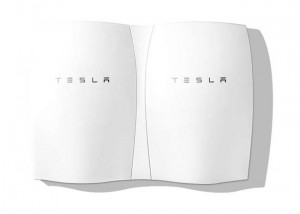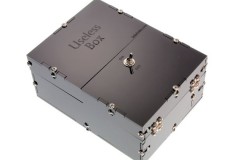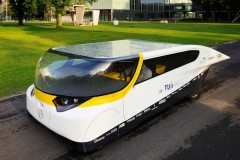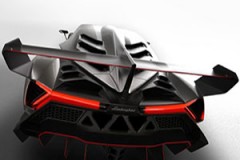Obviously electricity usage is a huge issue in South Africa. As this article is typed, there’s a good chance the power will go out before it’s even uploaded. Enter Tesla, and while their new Powerwall isn’t exactly in response to our situation, it looks like it can solve our consumption issues as well as making sure our lights don’t go out even when Eskom cuts them.
Tesla has been working with alternative energy sources for a while. Their fully electronic Tesla Roadster is proof of that. Now, they want to make your home self-sustainable, and it sounds promising.
The Powerwall is a huge rechargeable battery, and while it sounds redundant to charge a battery with power in order to save power, it’s about where the power comes from and how it’s distributed that make all the difference. Aside from it’s battery properties, the Powerwall is also an intelligent device with an internet connection and it tracks your usage and disperses the power accordingly. It’s most important feature though is something called “Load Shifting”. The Powerwall will charge when electricity is cheapest (very relevant in current-day South Africa), and power appliances during peak times to save on cost.
The Powerwall can also be charged using solar panels. Tesla theorizes that at certain times, when electricity usage is relatively low, the unit can distribute electricity in a way that your house can run without any of Eskom’s help at all. While it is time dependent, it’s still mouth watering to think about getting a few hours for free.
The Powerwall is set to launch in late winter, so we think between June and September. Tesla hasn’t announced anything regarding international availability, but the Powerwall is available to pre-order from their website now. There are two models. A 7kWH model intended for light power usage set with a R36 000 price-tag, and a 10kWH model intended for full home usage and the price is R42 000.
You’ll notice that this is not cheap and also these prices don’t include a DC-AC inverter that you’ll need or installation costs. Alongside these concerns, there’s the question that researcher Winfried Hoffman, the former CTO of Applied Materials, has raised during his research on the falling costs of battery power. All this leaves us wondering, is this just another early adopter tech that only rich people will be able to afford?
Get it: R36 000 – R42 000
From: www.teslamotors.com/powerwall

